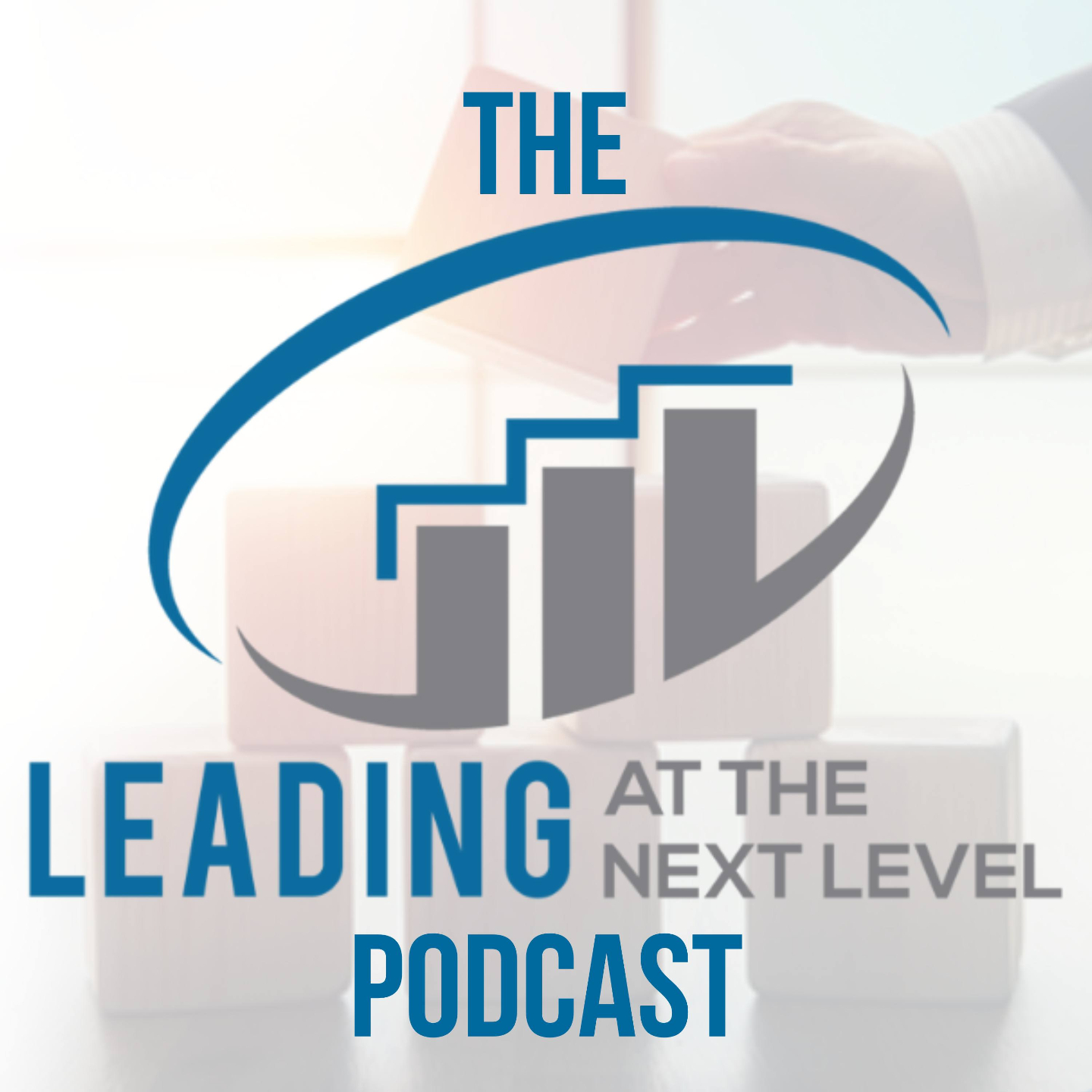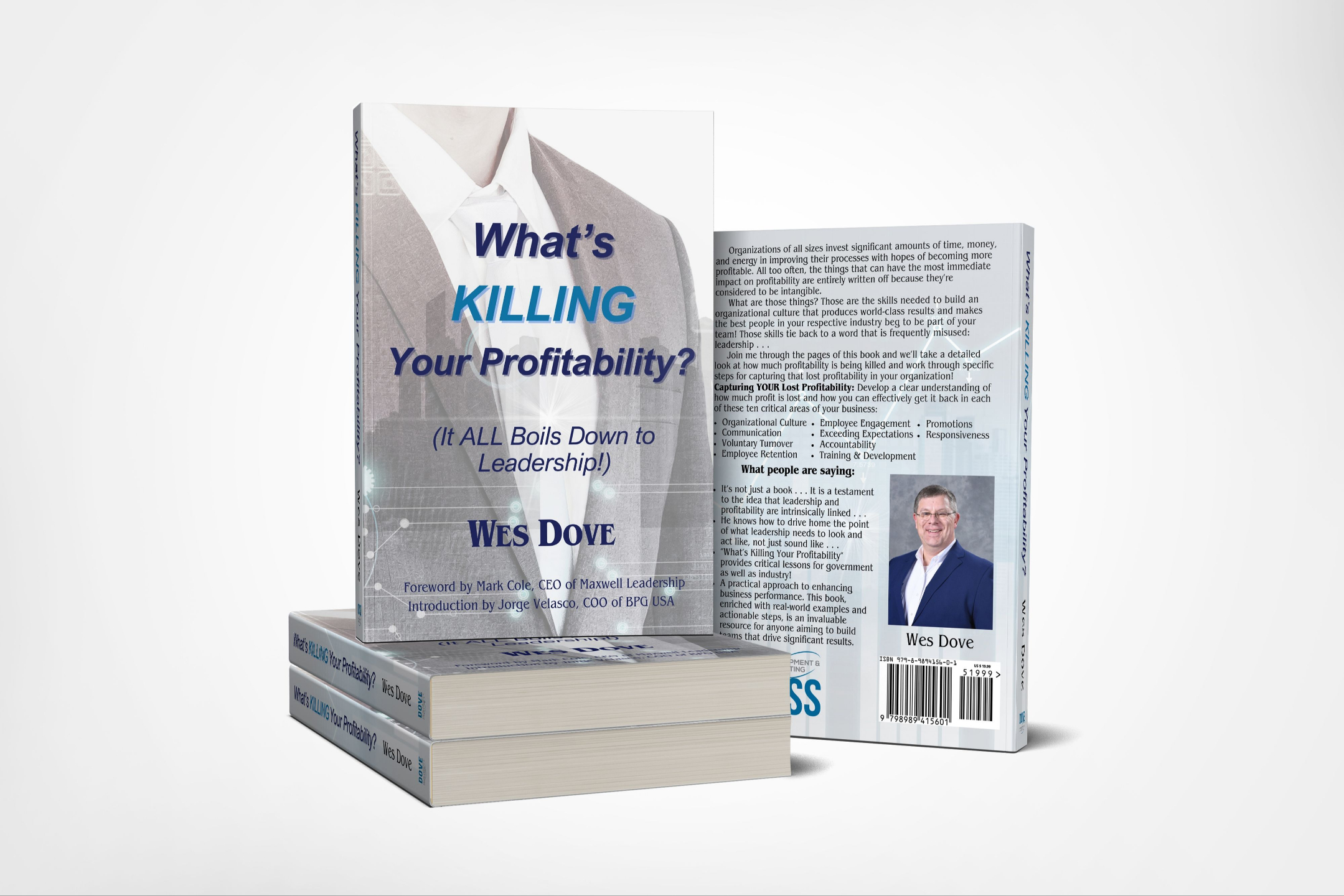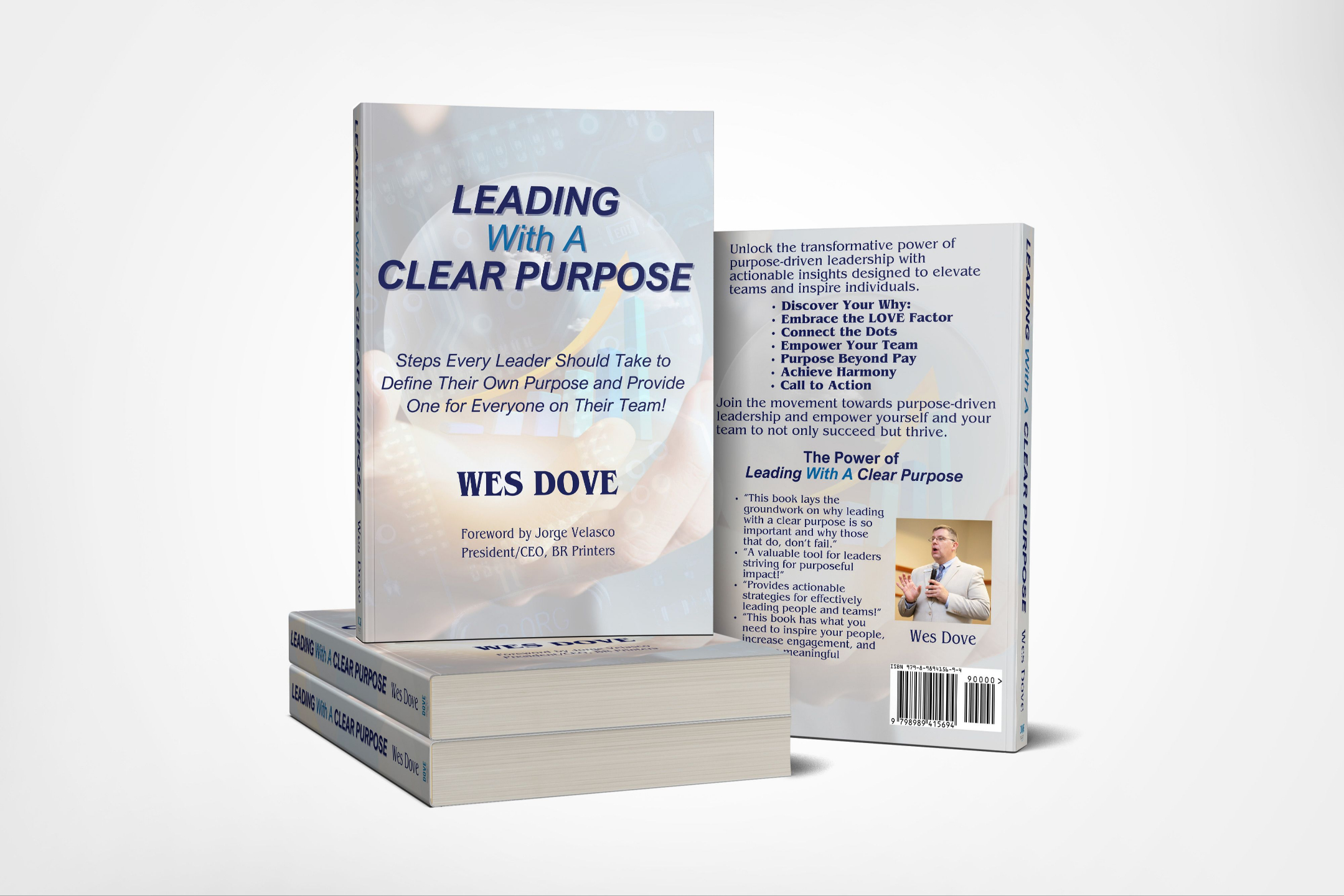The Confidence to Connect
The role Terry played as a mentor wasn’t limited to answering an occasional question or serving as an example for how to speak in front of others, I also watched how he worked to connect with others. While he could have relied on the authority of his position, he was very intentional in how he dedicated time to get to know team members in all areas of the facility; he and the HR Manager I worked with for years were the only two members of the management team I ever saw block time on their schedules to work in various production roles. At that point, most of their peers had worked there since rocks were soft, had a solid understanding of the processes through the plant, and had known the senior employees for years (or even decades). Terry and Rod, being new to the company and even newer to the Shenandoah Valley, invested a tremendous amount of energy into building relationships. Their time working in production processes gave them some familiarity with the work involved but bought them even more respect from the folks they worked beside.
As the HR Manager, Rod had face time with nearly everyone; interviewing most of the candidates who applied, onboard the new hires, and with everyone in quarterly meetings - and doesn’t even factor in the time he spent on the manufacturing floor or his interaction with folks who needed extra attention in the disciplinary process… Since Terry’s roles were initially tied to maintenance and engineering, both with limited interaction across other departments, he jumped at the chance to be involved in the behavior-based safety observer training and any spot he could get in new hire orientation. (I didn’t understand his reasoning behind either until years later, I just thought he liked doing training.)
Learning how that influence could produce better results, at least over the long haul, than relying on authority alone was impactful. Seeing how being intentional about connecting with others helped both Terry and Rod establish relationships, and thereby earn influence even with folks who didn’t report to them, provided me with a solid example of what leadership could and should look like. What I didn’t understand yet though was that working to establish those connections required both of them to have a high level of confidence.
During my three-plus decades in the workforce, I’ve seen hundreds of folks present information to groups. While much of that has been supervisors covering expectations for the upcoming shift with their immediate team, it’s ranged from that to eloquent keynotes given in front of thousands of people. Although some of those keynotes were masterfully crafted, I don’t think I can remember anyone being more genuine in their delivery than Terry or Rod. Whether it was in a one-on-one conversation, their time working on an assembly line, or sharing information with a large group, they were both always confident in what they had to say and sincere in how they said it. Looking back, I realize that the terror I felt when I was first tasked with speaking in front of others was tied more to a lack of confidence in myself than a lack of understanding of what I was covering. Since neither of them rested solely on the authority of their position, and they were both confident in who they were, they could focus more on the people they were building relationships with, which earned more influence than barking orders ever could have.
Early on, it was easy for me to get stuck on being just a high school graduate with a very basic background. I was often more concerned with reasons others wouldn’t pay attention to the information I shared than I was with how much that content could help them if they took it to heart. I’d bet a similar lack of self-worth is a big part of why so many people say they’re more afraid of public speaking than they are of dying. As much as I learned through direct interaction with Terry, Dennis, Rod, and many others over the years since, a side revelation (which a few of my mentors have actively worked to hammer into my thick head) has been that my humble background as a carpenter and a machine operator doesn’t diminish the value I offer; if anything, that experience helps others relate to me even better. And as my own self-worth has grown over time, I’ve seen a tremendous difference in my ability to connect and build relationships with others. Being more confident in myself has allowed me to focus my energy on the other person. Those stronger relationships have yielded much more influence, influence that’s helped me achieve things I likely never would have since I had very little authority in any of the positions I held, and those relationships have provided me with exponential opportunities for learning.
Relationships as a Learning Network
Not long ago, I had the opportunity to interview Mark Cole (CEO of Maxwell Leadership) for our Leading At The Next Level podcast and to promote him as the wrap up keynote speaker at our 2025 LeadershipLegacy Experience. Cindy and I have received some amazing mentorship from Mark over the last decade, but we’ve developed a solid friendship with him as well; he even wrote the foreword to my first book, What’s KILLING Your Profitability? (It ALL Boils Down to Leadership!). During that interview, Mark mentioned the time he had just spent with the President of Argentina, developing a plan to train leaders across all sectors of that country. Having someone of Mark’s caliber do that interview, join us for our first event of its kind in Harrisonburg, VA, and agree to come back a year later for the sequel blows my mind. That said, the fifteen leaders who joined us as executive panelists for that event were all rock stars, too. Along these lines, the last in-person meeting Cindy and I before the world shut down for Covid was with Carly Fiorina, former CEO of HP and 2016 Presidential candidate, discussing some speaking engagements she invited us to do for her non-profit.
I don’t mention any of this out of arrogance, but to emphasize the role so many mentors have played in helping me close huge gaps. A strong work ethic certainly served me well early in my career but I can’t imagine any of the opportunities Cindy and I have experienced over the last decade had I not developed a healthy self-worth and the confidence to connect with more experienced leaders I could look to for mentorship. The progression from being a carpenter and machine operator in my early twenties to having the opportunity to serve people the way we do today is the direct result of the relationships we’ve built serving as a learning network.
Just a few weeks into the position where I was responsible for rolling out that new lean manufacturing initiative, I remember a process engineer (who was my direct supervisor at the time) going on a tirade because some folks on an assembly line were up in arms about a change he had made. They were livid because they felt like their way of implementing a necessary change would have been far more effective than his - and they were right. He wasn’t frustrated because they were pushing back or because their way was better, his frustration was because he had asked each of them for input before he even started the process and no one offered any. The lesson he wanted me to learn from his rant was that the folks I’d be working with were the experts in their respective areas. Getting their input and involvement would be critical to any success I could ever hope to achieve.
Interestingly enough, Carly Fiorina shared a similar lesson with me and Cindy twenty years after this when she emphasized that “the closest person to the problem always has the best solution.” The example she used was also from a manufacturing process improvement scenario, but the principle is universal. Whether it’s with coworkers or a team we’re responsible for leading, we will never have all the best answers. Hell, it’s ridiculous to think we need to.
Building effective relationships so we can play off one another’s strengths allows everyone involved to perform at a higher level; I’ve certainly benefited from this more than I can even explain over the last twenty-five years - and we’ll dig into how in detail later on. When we care more about serving everyone involved and getting great results than we do about who gets credit for an idea, we’ll be able to leverage our relationships as a true learning network. That will eventually have a ripple effect on everything we do.
The Ripple Effect of Relational Leadership
I’ve benefited from great relationships more than I could have ever imagined. While I’m sure I don’t do it enough, I do make a point of periodically reaching out to several of the folks who have mentored me, thanking them for all that they’ve invested into my life. One that I’ve mentioned several times already usually blows me off, especially when I’m talking with him on the phone or in person. He downplays it by saying that he’s attempted to do the same thing for hundreds of others, I just applied what he shared where most didn’t. But had he gotten frustrated by those others and stopped before he met me, I have no doubt that my life would be wildly different today.
Over just the past few years, I’ve received a few similar comments from folks I’ve had the chance to mentor. One that stands out the most is a friend who occasionally calls and tells me that I’ll “never know this side of Heaven how many people I’m impacting.” That nearly always causes my allergies to act up. But like the mentor who brushes off my compliments, I usually do all I can to minimize anything I’ve done too. With that in mind, Mark Twain has been quoted as saying, “I can live for two months on a good compliment.” I disagree! It’s been more than six months (as I write this) since I’ve spoken with that friend but it warms my heart every time I think about his words.
Thankfully, I have taken what my friend has shared with me to heart. Those words (and a solid system) have helped a guy barely graduated high school because he refused to read books or write papers, and quit signing up for college courses when those same requirements were back on the horizon, publish a monthly column in a newspaper since 2018 and write a few Amazon #1 Best Sellers. I still don’t enjoy sitting down to read or write, but I know both are critical pieces in the ripple effect of relational leadership. I’ve been so blessed by the friends and mentors who have sown into my life, I feel a tremendous responsibility to do whatever I can to sow into the lives of whoever I can reach. While I’d prefer doing that one-on-one, the newspaper and magazine columns I’ve had the chance to do over the years reach people I’ll likely never interact with directly. And even though the books have stretched me more than anything I’ve done, they’ve extended that reach in ways I couldn’t have imagined.
Make no mistake, referencing columns or books isn’t to boast. It still blows my mind that anyone takes the time to read anything I put out. My point is that there’s no way I’d be doing any of it without the lessons I’ve learned through absolutely amazing relationships that have served as a powerful learning network. Moving forward, we’ll look at the critical role mentors can play in closing the gaps we each face. Regardless of how successful someone appears, you can rest assured that (many) others helped them get there. Remember, there’s no such thing as a self-made leader! Through what follows, I’ll work to share some specific lessons I’ve learned from the outstanding mentors in my life. Before that, though, I’ll challenge you to identify just one professional relationship you can work to strengthen right away.



